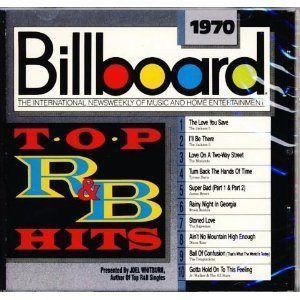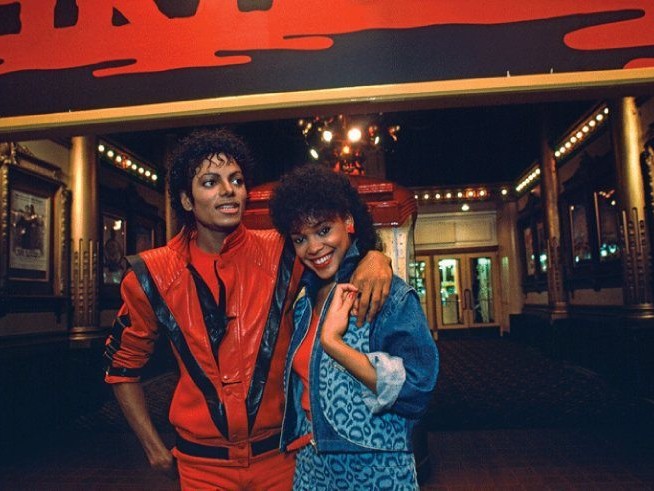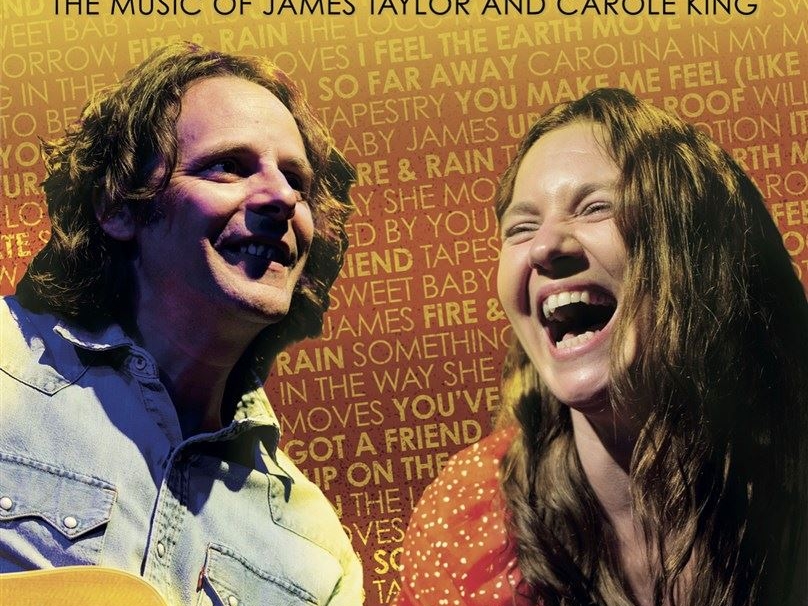Today we’re talking charts, numbers, popularity, changes etc., as it relates to popular Black Music singles from 1942 onward. I’m not sure how many of you reading are aware of the numerous iterations that the popular Black Music chart has gone through but since 1942. There have been 12 iterations of these charts that “represent” Black Music. However, at one period in time from November 1963 until January 1965 it was deemed not necessary to even have a Black Music Chart because of the tremendous crossover success of Motown.
So here are the charts listed with their particular description and their accompanying dates of usage.
The Harlem Hit Parade: October 1942 – February 1945
Race Records: February 1945 – June 1945
Rhythm & Blues Records(three separate charts): June 1949 – October 1958
Hot R&B Sides: October 1958 – November 1963
Hot Rhythm & Blues Singles: January 1965 – August 1969
Best Selling Soul Singles: August 1969 – July 1973
Hot Soul Singles: July 1973 – June 1982
Hot Black Singles: June 1982 – October 1990
Hot R&B Singles: October 1990 – January 1999
Hot R&B Singles & Tracks: January 1999 – December 1999
Hot R&B/Hip-Hop Singles & Tracks: December 1999 – April 2005
Hot R&B/Hip-Hop Songs: April 2005 – Present
So a few thoughts for consideration…
1. It seems that the chart has continually shifted in a manner that mirrors the shifting cultural identity issue that Black People have faced.
2. One question I have is how are these chart determinations made and by whom (in the sense of whom… a committee? a person?)
3. Does the culture influence the chart or does the chart influence the culture? Or is it a more symbiotic type of relationship?
4. Without proper historical and musical context the potential for numerous false equivalencies arise. For example Drake has had 11 #1 hits on the combined R&B/Hip-Hop chart since his debut. Does that mean that he’s had a greater impact than artists who have had a smaller number of #1 hits on a chart that’s not combined?
5. How has the combination of R&B and Hip-Hop not only in respect to this chart but as a format at radio (and in mass media) affected the music both positively and negatively?
6. Looking at these charts over the last decade or so what’s been the recurring trend?
7. Given the rise of social media as a major barometer of culture, are charts based on sales and radio plays still relevant?
8. If we can agree that all of this music falls under a larger more all encompassing heading of Black Music is that labeling not enough?
I would love to hear some of your thoughts. Please weigh-in below.
Ivan Orr is a multi-instrumentalist, composer, performer, and writer. A native of Charlottesville, Virginia Ivan was involved with the forming and nascent days of The Music Resource Center as its first Program Director. A graduate of Virginia Commonwealth University’s Department of Music, Ivan currently resides in Richmond, VA where he maintains an active performance and production schedule while serving as the Music Editor for Grown Folks Music, a position he has held since 2010.
RELATED POSTS
June 12, 2014
#BMM14: Blind Tom Wiggins
June 11, 2014
#BMM14: Billy Preston – “Summertime”
June 1, 2012
Black Music Month: June 2012
July 31, 2014




